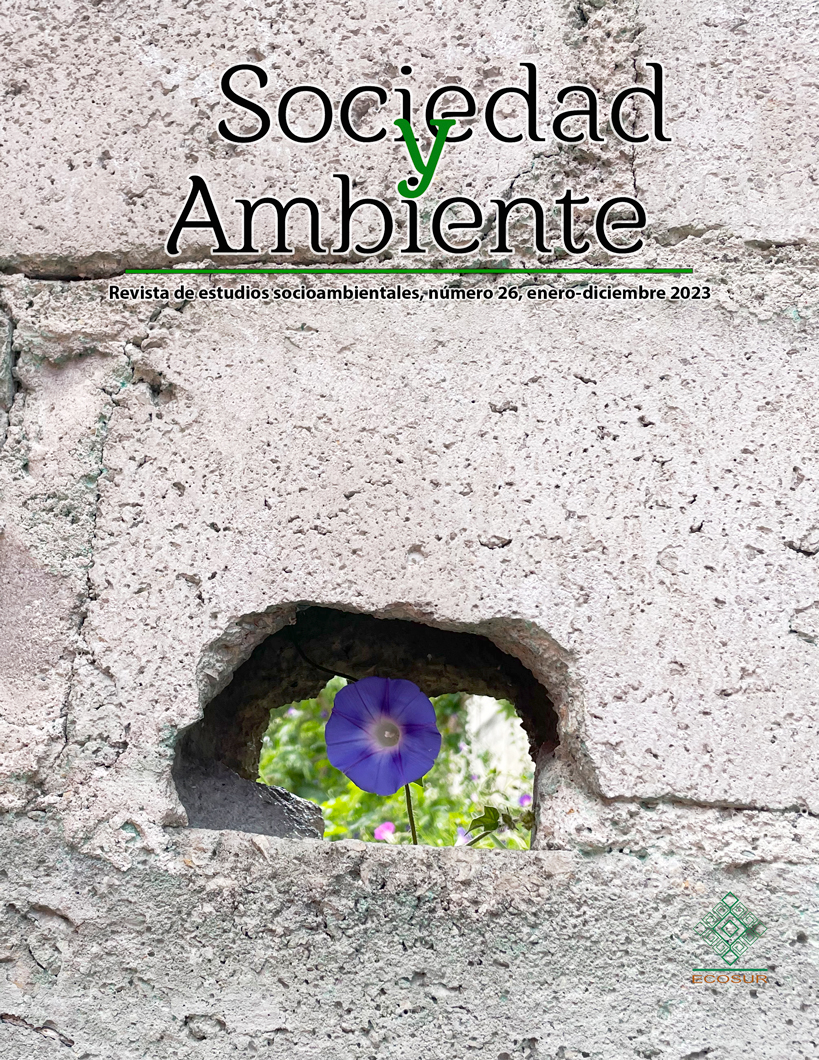Abstract
Knowing the socio-environmental history of rivers is helpful for restoration projects; it allows us to see rivers as an anthroposystem modified by humans and teach us guidelines for devising new change processes. In this article we analyze two files from the Historical Water Archive (AHA, by its initials in Spanish) about the morphological transformation of the Coxcacoaco and Cuautla rivers in the 1940s. Although, in Mexico, the rivers have been under federal control since the promulgation of the 1917 Constitution, these experiences highlight various collaboration schemes between authorities and local actors to transform the morphology of the currents. They also show that the transformation of the rivers was carried out slowly and “incrementally” through the construction of small-scale works, which produced changes in the medium and long term. In a context in which, to date, several restoration projects have not had the expected success, these experiences invite us to break with the logic of large-scale voluntary interventionism to build new change processes.

Sociedad y Ambiente by ECOSUR is licensed under a Creative Commons Reconocimiento-NoComercial-SinObraDerivada 2.5 México License


